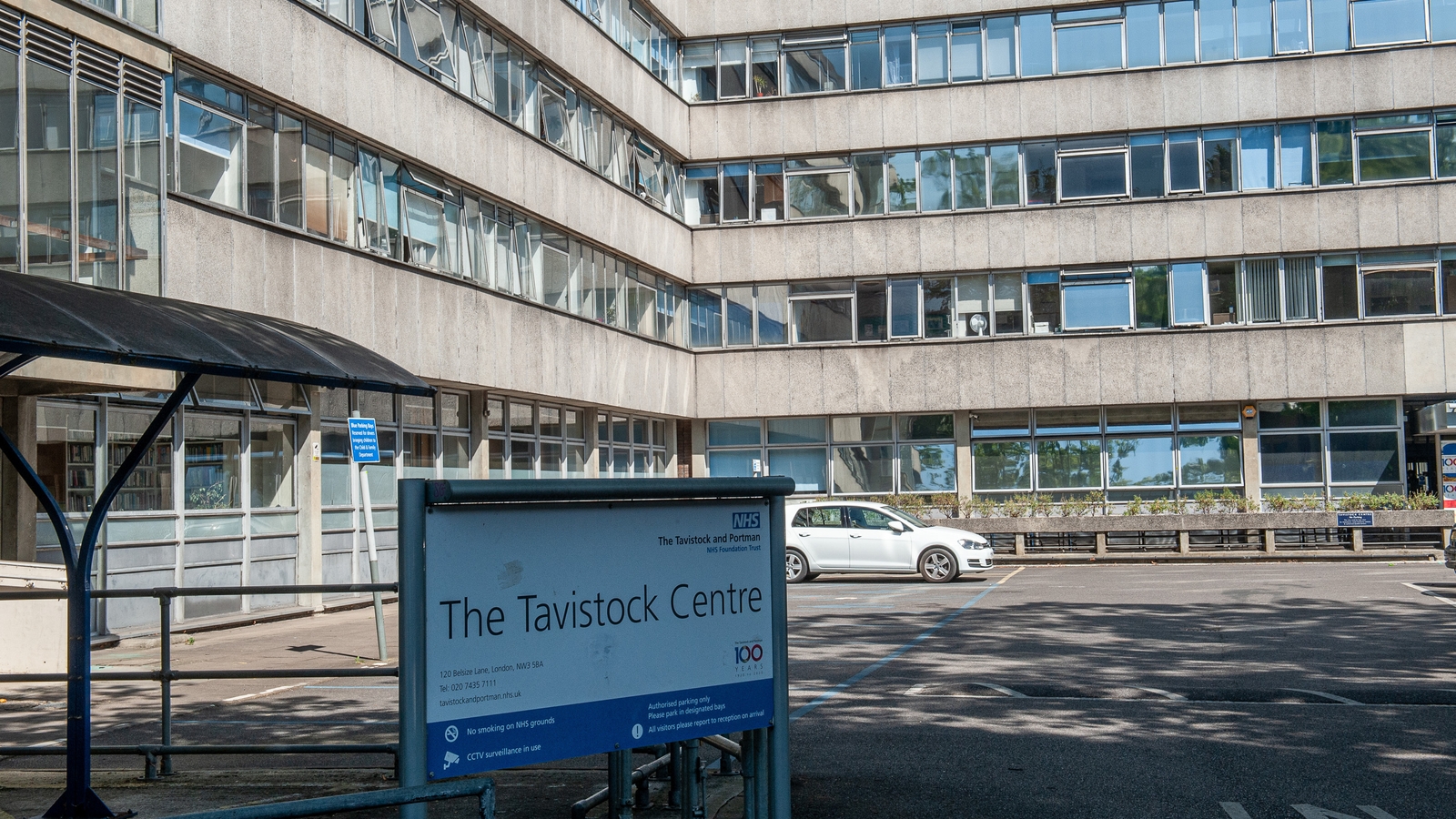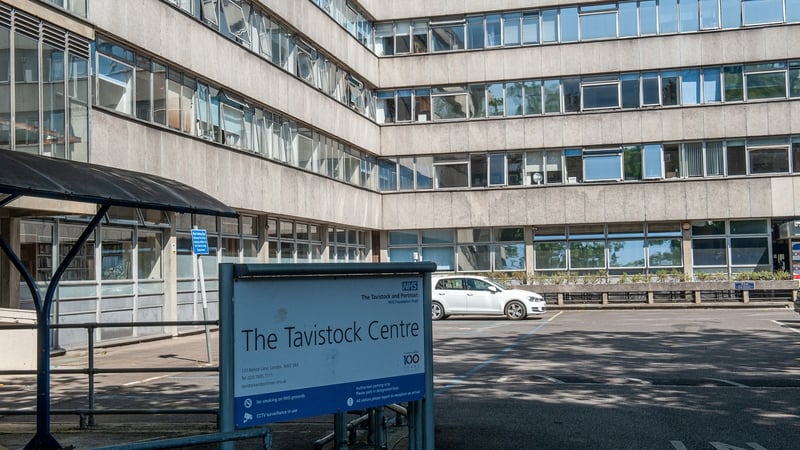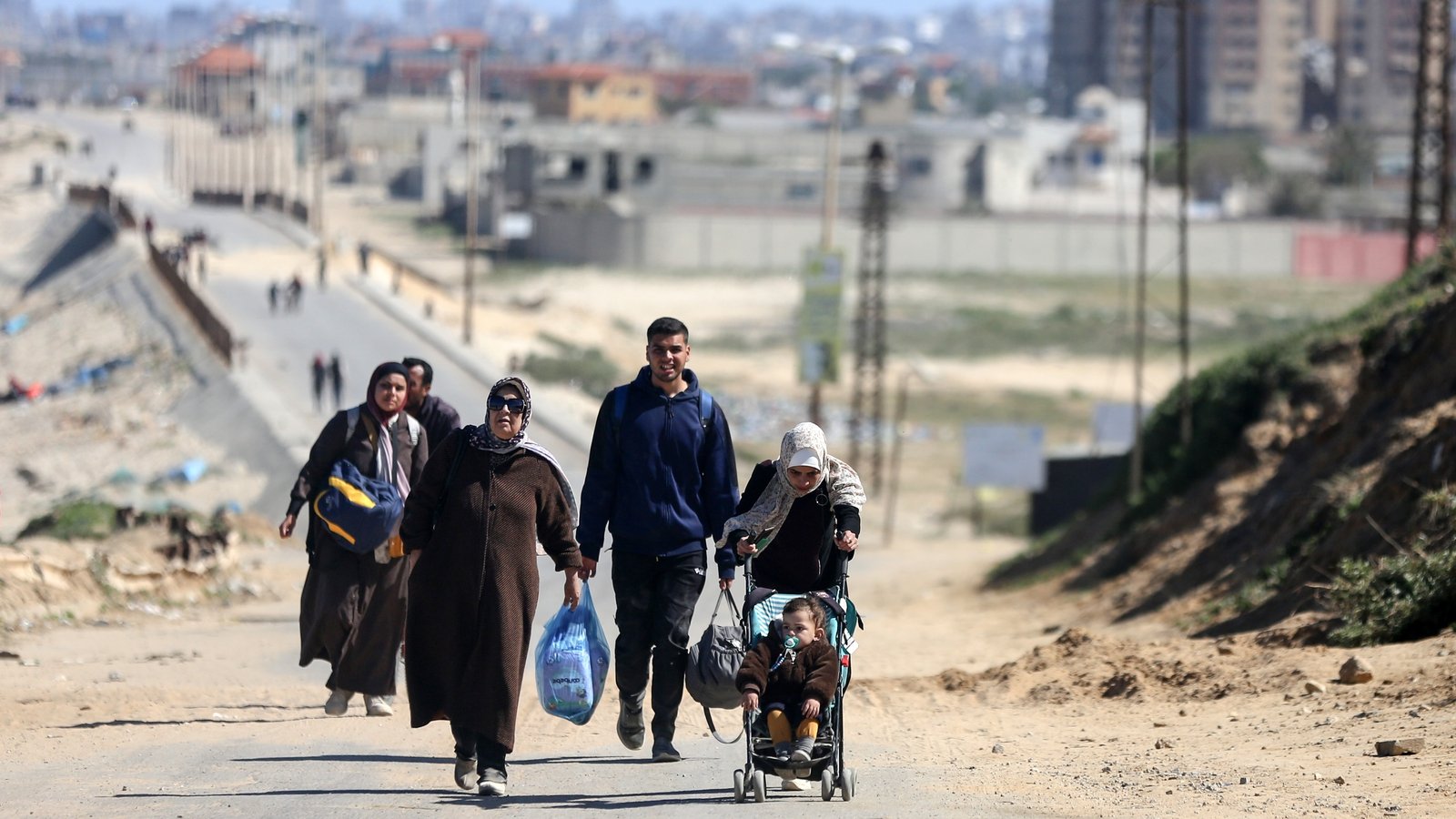Research has let children down


Children have been let down by a lack of research and evidence on medical interventions in gender care in a debate which has become exceptionally toxic, according to a major review.
Healthcare professionals have been afraid to openly discuss their views in a conversation which has seen people bullied and vilified on social media, Dr Hilary Cass said.
The final report of her independent review of gender identity services for children and young people runs to almost 400 pages and has been close to four years in the making.
The review was commissioned by NHS England in 2020 after a steep rise in the numbers of children and young people presenting to the NHS for help around their gender over the previous decade and amid concerns around the introduction of earlier medical interventions despite a lack of evidence on their use and long-term impacts.
The final report comes less than a fortnight after the Gender Identity Development Service (Gids) at the Tavistock and Portman NHS Foundation Trust closed and two new regional hubs opened in London and the north of England to move away from a single-service model.
Among the report’s 32 recommendations are a call for gender services to operate “to the same standards” as other health services for children and young people, with “a holistic assessment” of people referred, including screening for neurodevelopmental conditions such as autism, and a mental health assessment.
The health service is urged to review its policy on giving children masculinising or feminising hormones from the age of 16, urging “extreme caution”.
Dr Cass, a retired consultant paediatrician, said there “should be a clear clinical rationale for providing hormones at this stage rather than waiting until an individual reaches 18”.
While NHS England last month confirmed puberty blockers would no longer be given to children outside research trials, 16-year-olds can still be given hormones in the form of testosterone or oestrogen.
The use of such hormones, the review said, should be part of a research programme alongside a previously reported puberty blocker trial which is expected to be in place by December.
Young people aged 17-25 should have a “follow-through” service for care instead of going straight into adult services, the review said, “to ensure continuity of care and support at a potentially vulnerable stage in their journey”.
It added that the youngest children – those who have not yet reached puberty – should have a “separate pathway” so they and their parents or carers are “prioritised for early discussion with a professional with relevant experience”.
The report warned a “more cautious approach” must be taken for children than for adolescents when it comes to social transitioning, which is where someone might change their pronouns, name and/or clothing.
When families are making decisions about social transitioning, it is important “parents are not unconsciously influencing the child’s gender expression”, the review said.
While there was no clear evidence that social transition in childhood has any positive or negative mental health outcomes, “those who had socially transitioned at an earlier age and/or prior to being seen in clinic were more likely to proceed to a medical pathway”, the review said.
Recognising the “significant, often challenging public debate” on this sensitive issue, Dr Cass insisted the review is “not about defining what it means to be trans, nor is it about undermining the validity of trans identities, challenging the right of people to express themselves, or rolling back on people’s rights to healthcare”.
Addressing young people directly in her foreword, she recognised that while some will be pleased with her report, others who want urgent access to hormones and puberty blockers may be upset and disappointed.
On the standards of care to date, she wrote: “I have been disappointed by the lack of evidence on the long-term impact of taking hormones from an early age; research has let us all down, most importantly you.”
Describing the personal challenges she had faced in compiling the report, Dr Cass referred to the “toxicity of the debate” being “exceptional”, as she was criticised for engaging with both groups keen on gender affirmation and those wanting a more cautious approach.
Knowledge and expertise of experienced clinicians has at times been “dismissed and invalidated”, she said, while young people have been “caught in the middle of a stormy social discourse”.
She wrote: “There are few other areas of healthcare where professionals are so afraid to openly discuss their views, where people are vilified on social media, and where name-calling echoes the worst bullying behaviour. This must stop.”
She warned that “polarisation and stifling of debate” not only does not help young people but will also hamper essential research in an area with “remarkably weak evidence”.
“The reality is that we have no good evidence on the long-term outcomes of interventions to manage gender-related distress,” she said.




